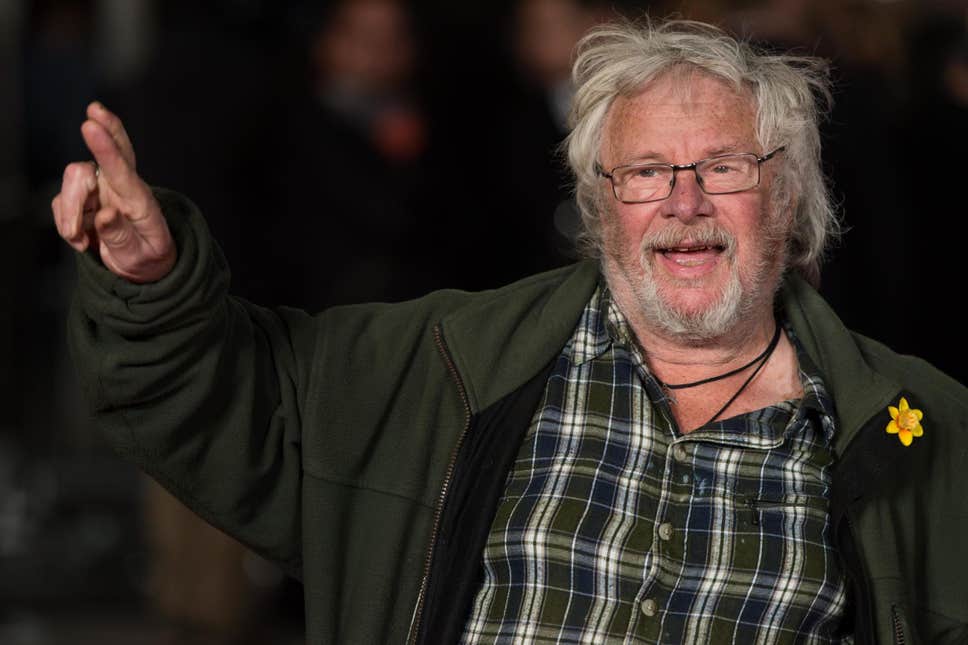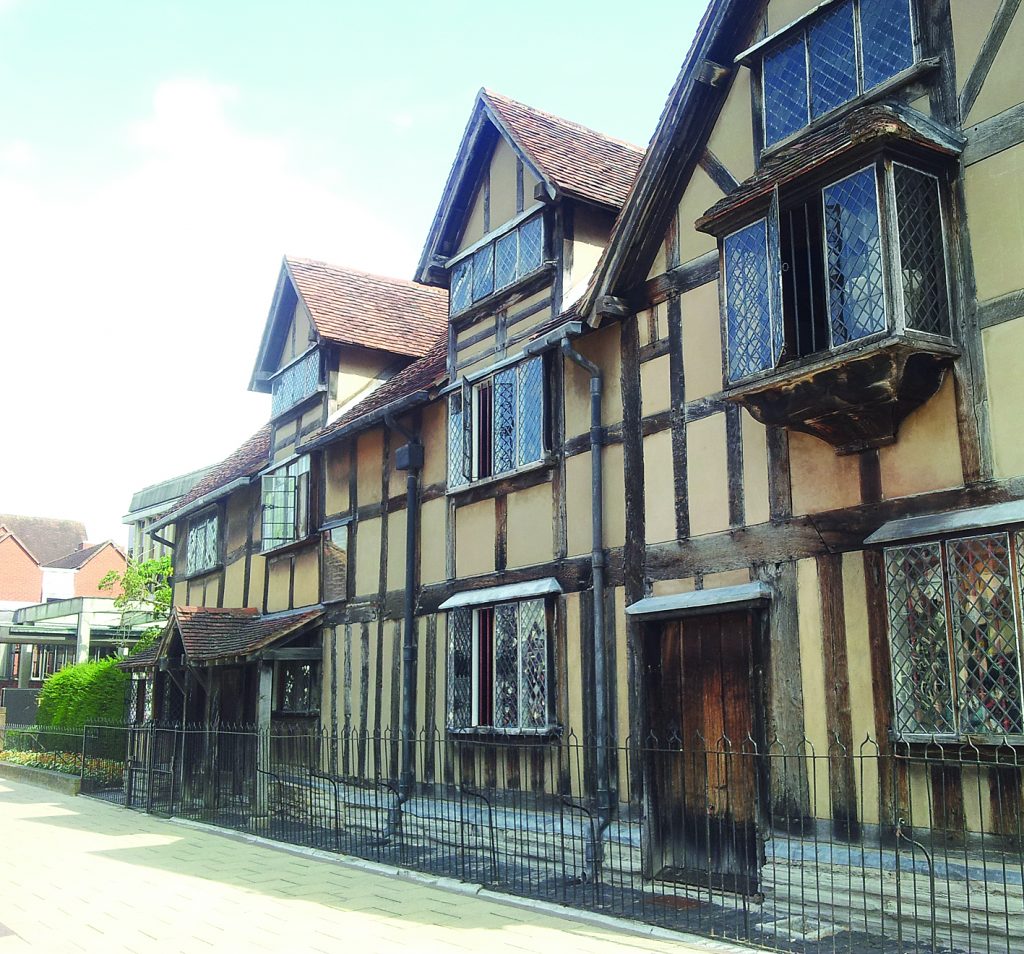Today on My Poetic Side we take a look at the request for a drinks licence that has sparked a protest. We also have a story about a recently found ring that may have belonged to William Shakespeare.
Keats House Request for Drinks Licence Sparks Protest

Bill Oddie, the TV presenter is just one of many celebrities who have added their voice to the protest against the recent request by Keats House for a drinks licence.
Oddie has called the plans for the Grade-I listed building “inappropriate”, whilst also admitting that Keats himself may well have turned the house into an opium den.
The poet, John Keats, lived in the Georgian house for two years from 1818 until just before his death at the age of 25. Whilst he was living here he wrote some of his most important works. It was also from this house that he fell in love with Fanny Brawne, his next-door neighbour. On an annual basis, The Keats House museum is visited by around 14,000 people. Now the curator of the museum has applied for an alcohol licence so that they can supply alcoholic beverages to visitors every day of the week, with the exception of Sunday, whilst they hold readings and show films.
In his opposition letter to the council, Oddie states that he has lived in the area for over 30 years and feels that Keats House is a stylish memorial to the poet. Although given the poet’s history, he points out that perhaps it is fortunate that he is no longer around as he and his contemporaries may well have turned it into an opium den.
Whilst there has been some debate over whether Keats himself used drugs, a number of his contemporaries including Lord Byron, Thomas De Quincey and Percy Bysshe Shelley were known to have used opium.
The decision regarding the licence is due to be made later this week. A spokesman for the council has confirmed that all of the proposals and objections will be considered fully and that they have also met with local residents regarding the matter.
Did British Pensioner Find Shakespeare’s Ring?

A metal-detecting enthusiast has recently discovered a gold ring near to Shakespeare Hall in Rowington. The origins of the ring are now being looked into very closely by experts.
When the posy ring was found, friends of the lady who located it suggested that as the hall belonged to a family named Shakespeare, perhaps it might have belonged to The Bard himself, William Shakespeare.
The inscription on the ring reads “Truth Betrayes Not”, it is small in size and has delicate white and red enamel. The ring is now being looked at by the curators of the Birmingham Museum.
The museum’s head of research says that whilst there were many people with the surname Shakespeare who lived in and around the local area during the time William was alive, and it has often been wondered if there were any connection between them and The Bard. The playwright’s family tree, however, has never been traced back further than Richard Shakespeare of Snitterfield, his grandfather.


You must register to comment. Log in or Register.